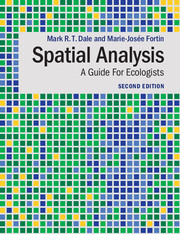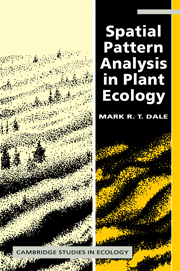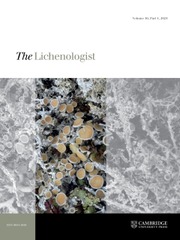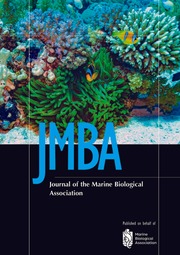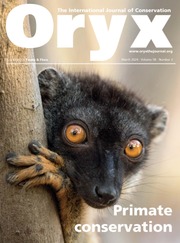Spatial Analysis
Designed for researchers in ecology at all levels and career stages, from students and postdoctoral fellows to seasoned professionals, this third edition reflects the significant advances in quantitative analysis of the past decade. It provides updated examples and methods, with reduced emphasis on older techniques that have seen limited use in recent ecological literature. The authors cover new and emerging approaches, including Hierarchical Bayesian analysis and spatio-temporal methods. A key feature is the integration of ecological and statistical concepts, highlighting the critical role that this type of analysis plays in ecological understanding. The book provides up-to-date summaries of methodological advancements in spatial and spatio-temporal analysis, along with insights into future developments in areas such as spatial graphs, multi-level networks, and machine learning applications. It also offers practical examples and guidance to help researchers select, apply, and interpret the appropriate methods.
- Extends beyond basic spatial and spatio-temporal statistics to explore emerging approaches, including aspatial graphs, multi-level networks, and machine learning techniques such as artificial intelligence (AI)
- Covers new areas of application in ecological research, driven by recent advancements in theoretical frameworks and enhanced technical capabilities
- Offers an enriched exploration of the spatial and spatio-temporal dimensions of diversity in ecological systems, and includes a new chapter on advances in spatio-temporal analysis using multi-level networks
Product details
July 2025Paperback
9781009158671
416 pages
244 × 170 × 22 mm
0.713kg
Available
Table of Contents
- Preface
- 1. Ecological processes
- 2. Spatial concepts and notions
- 3. Spatial analysis of point and quadrat data
- 4. Spatial analysis of sample data
- 5. Spatial partitioning: spatial clusters and boundary detection
- 6. Spatial autocorrelation and inferential tests
- 7. Spatial regression and multiscale analysis
- 8. Spatio-temporal analysis
- 9. Spatial diversity analysis
- 10. Points and lines, graphs and networks
- 11. Spatial and temporal analysis with multilayer networks
- 12. Closing comments and future directions
- References
- Index.


